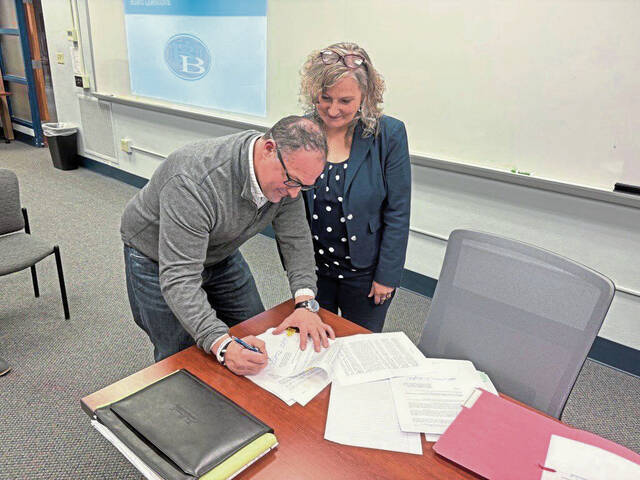“Pro se” is a legal phrase that speaks to how an individual is represented in court.
It is Latin, meaning “for self.” It refers to a party acting as his or her own advocate in a legal proceeding. While a lawyer may be the smart move, a person isn’t obligated to hire someone to do the job.
There are obvious problems with this.
Lawyers go to school for years to learn the ins and outs of the court system. Law school can have a high bar of entry to start. The education is a combination of grueling memorization, precise writing and creative problem solving.
Even after all that, there’s the bar exam — the comprehensive two-day exam that is the difference between someone who has studied the law and someone allowed to practice it. In Pennsylvania, only 77% of takers passed the last exam — and that’s among the highest pass rates in the country.
All of that is necessary for your lawyer to know what to file, when to file it, when an action can be taken, when it can’t and why. Missing a deadline in court can be the difference between a case proceeding or being thrown out. Making the wrong argument can cost millions.
That is why the old adage cautions that if you represent yourself in court, you have a fool for a client. Court is a gladiator arena peopled by those who know the rules. Walk in without that knowledge, and you are already at a disadvantage.
The court does not make allowances for people without legal knowledge. For criminal cases, however, it can provide a kind of spare tire. A standby counsel may be appointed to act as an adviser to a pro se defendant. That can be frustrating for everyone involved if the defendant resists the advice of the attorney.
But is a technology replacement the way to go? Not in a Westmoreland County courtroom.
Common Pleas Judge Meagan Bilik-DeFazio denied a request from a Washington County defendant to have an artificial intelligence sitting second chair.
Larry Osborn Nix II, 42, of West Brownsville is facing criminal homicide charges for the December 2022 death of James Michael Hayes, 31, in New Kensington.
“You are not going to be able to sit in my courtroom with AI,” Bilik-DeFazio said.
That makes sense. The law is complicated, and arguments are nuanced. Someone might be able to consult with ChatGPT to help write a letter to submit to a court. They could utilize other specifically targeted generative AI to accomplish specific legal tasks. That is very different than having a lawyer beside you in court, listening, assessing and making recommendations.
The consequences of a mistake — and AI can make some doozies — are too profound in court. An error can be the difference between freedom and life in prison. A judge has to look at other issues as well, including whether using such untested technology could result in a case being overturned on appeal.
It isn’t that there couldn’t be a place for AI in the future, but courtrooms have been notoriously slow at accepting technical change. Many courtrooms don’t allow photography, much less video. Some judges don’t even allow cellphones in their courtrooms.
Will AI become a part of the process eventually? It’s becoming too ubiquitous to think otherwise.
But lawyers are trained to zealously represent their clients within the bounds of the law. It’s a complex dance that AI just isn’t ready to do in a courtroom — yet.








